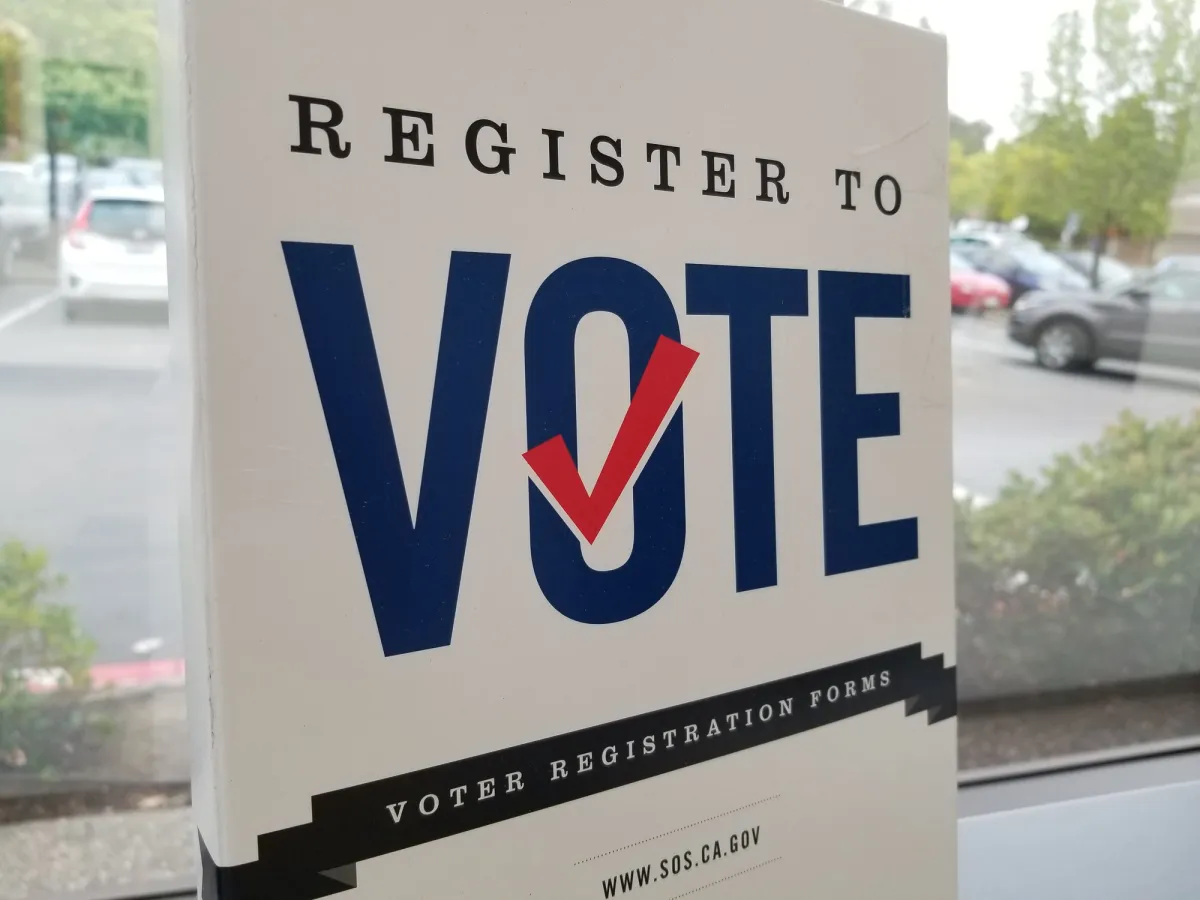As November’s presidential election approaches, many of you are probably preparing to vote for the first time or reviewing your registration status. Whether you’re newly eligible or have had registration on your to-do list for a while, this article will guide you through the simplified process of making your voice heard.
Are you eligible?
Before you can vote, there are a couple of important questions to answer:
- Are you 18 years old on or before Nov. 5?
- Are you an American citizen?
- Do you meet your state’s residency requirements?
If your answer to all of these questions is yes, you’re eligible to vote. But to vote in November, you must be registered before Oct. 7 if you haven't already done so.
How to Register?
There are a few ways to register to vote, including online, by mail, or in person at your local election office. The most convenient option is online. Simply visit https://vote.gov and complete the registration form. You’ll need to provide some personal information, including your permanent address.
For Indiana residents, you must have an Indiana driver’s license or ID to register. If you’re registered in a different state, you’ll need to register there. Different states have different processing times, so once you have submitted your registration, expect to receive a voter registration card in the mail within a few weeks. If you’re unsure of your registration status, you can also check on https://vote.gov.
How Will You Vote?
Once registered, it’s time to decide how you will cast your ballot. If you’re away from your permanent address, you might want to consider voting by mail. Depending on your state and whether you’ll be home over fall break (Oct. 12-20 for DePauw University), you might be able to vote early.
Vote.org is an excellent resource for checking your state’s voting calendar and voter registration deadlines. Some states, such as Pennsylvania, New Hampshire, Idaho, and Alabama don’t offer early voting. It is vital to make your voting plan well in advance of Election Day, which is Tuesday, Nov. 5. In many states, voting by mail is only an option if you request your absentee ballot in time and send it back as soon as you can.
The Significance of Voting
Participating in elections is a fundamental part of maintaining a healthy democracy as local elections often influence community concerns and policy decisions.
Active voters ensure that different perspectives are included in governance. It's also important for voters to research candidates and their platforms to make informed decisions.
Taking the time to prepare and participate in this year’s election cycle is important for influencing both local and national outcomes, contributing to the overall effectiveness of our nation’s democratic processes.

